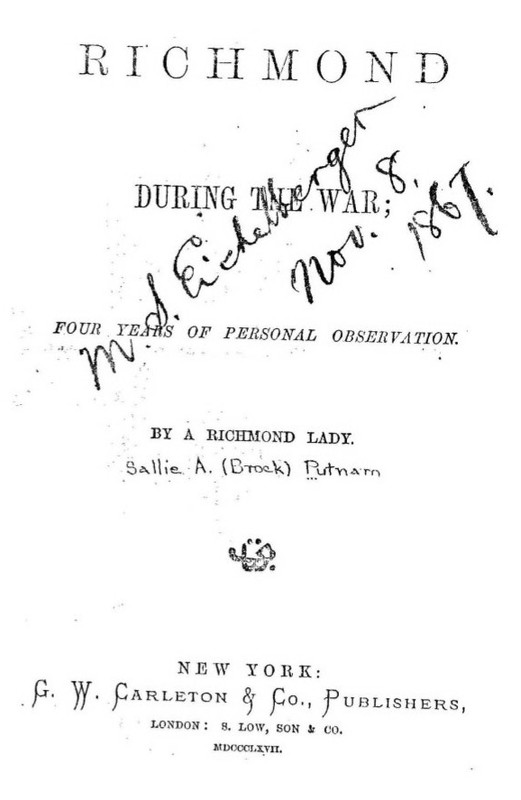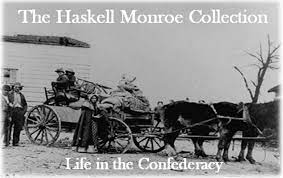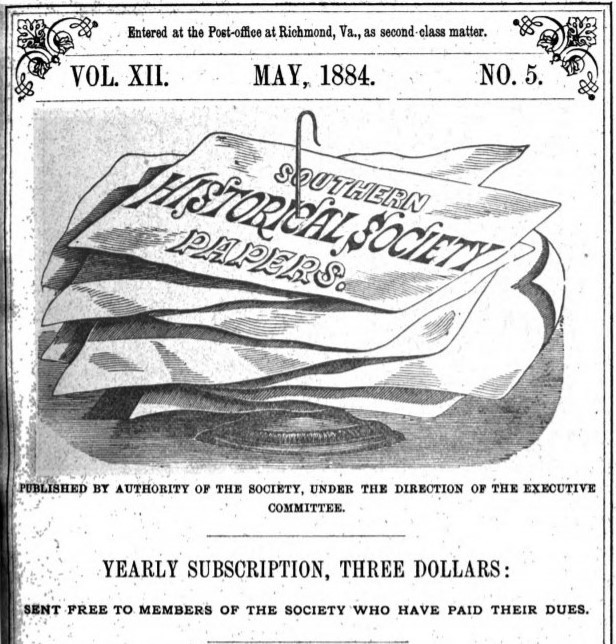Civilians
During the Civil War, being a civilian was different in the North versus in the South. The Civil War was mostly fought on Confederate land. This forced the Confederate civilians to support the war from their homes. They housed soldiers and fed them. There was less fighting in Union territory meaning the civilians there did not have to worry about invasion. Southern morale and support of the Confederacy is what held their army together. Sherman thought that if he could break their morale, the Union would win the war.
General Sherman ordered his soldiers to take whatever food and drink they could carry and then destory everything behind them. In the first example, a story of an elderly woman in Columbia, SC, the soldiers are fed by Mrs. Agnes Law and treated very well. However, later they "...took lighted candles from the mantelpiece and went up stairs..." and proceded to "[set fire to the curtains.]" Sherman's soldiers did this in many homes in Columbia and did not care much for the civilians of the city.

The view of Richmond, VA during the course of the year. The selected portion used in the text talks of how brutal Sherman's march was.
General Sherman enacted "hard war" during his campaign. He would burn cities and farms throughout Georgia. One of his most famous sieges was the siege of Atlanta in 1864. During this siege, Sherman captured the city and burned it to hell.
In "Richmond During the War," a lady of Richmond tells of Sherman destroying Atlanta. "Sherman ordered the destruction of the most inhabited portion of Atlanta, and left behind him a picture of ruin and desolation, such as is seldom found in the ravages of war." This description shows how ferocious and brutal his march was to the people of the Confederacy.
Many of the Confederate civilians in Gerogia at the time of the war thought that all the fighting was far away in Virginia. Sherman destroyed that notion, bringing the war to the South. His goal was to break up the Confederate lines and destroy morale. He succeeded iin those goals and gave the union new hope to win the war. He succeeded mainly because their was minimal resistance from Confederate soldiers throughout the South.

